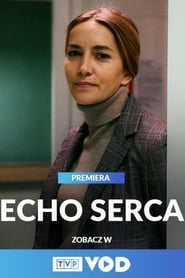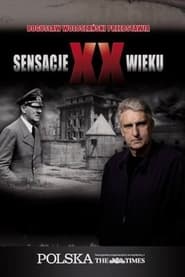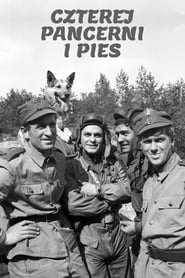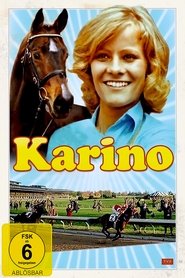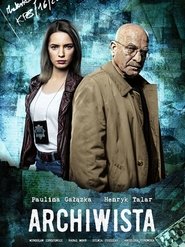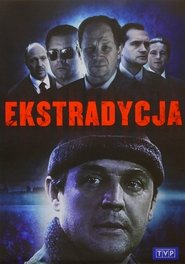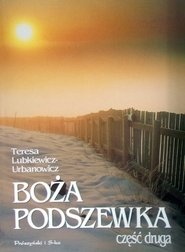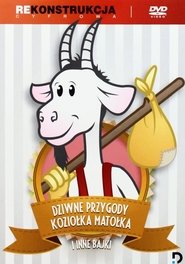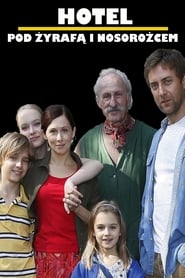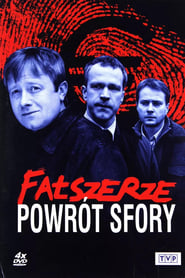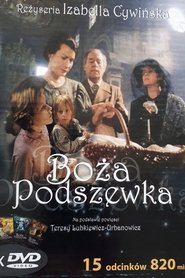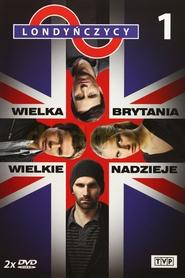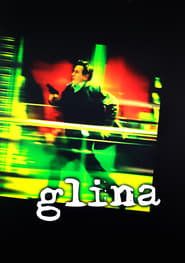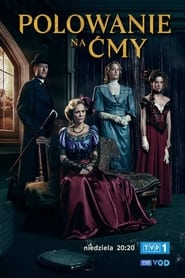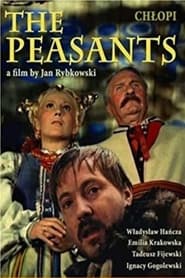Tvp1 TV Series - Page 2
-
Junior Eurovision Song Contest
2003
star 9.5The Junior Eurovision Song Contest, often shortened to JESC, Junior Eurovision or Junior EuroSong, is a song competition which has been organised by the European Broadcasting Union (EBU) annually since 2003 and is open exclusively to broadcasters that are members of the EBU. It is held in a different European city each year, however the same city can host the contest more than once. -
Four Tank-Men and a Dog
1966
star 7.7Czterej pancerni i pies was a Polish black and white TV series based on the book by Janusz Przymanowski. Made between 1966 and 1970, the series is composed of 21 episodes of 55 minutes each, divided into three seasons. It is set in 1944 and 1945, during World War II, and follows the adventures of a tank crew and their T-34 tank in the 1st Polish Army. Although both the book and the TV series contain elements of pro-Soviet propaganda, they have achieved and retain a cult series status in Poland, Soviet Union and other Eastern Bloc countries. The T-34 tank Rudy with the identifying number "102", a German Shepherd dog from Siberia Szarik and to a lesser extent the crew Jan Kos, Gustaw Jeleń, Grigorij Saakaszwili, Tomasz Czereśniak, and their commander and mentor Olgierd Jarosz, as well as other heroes of the series, have become icons in Polish popular culture. -
The Adventures of Koziołek Matołek
1969
star 6Polish animated series about the adventures of clumsy goat - Koziołek Matołek on his way to the city of Pacanów. -
Bolek and Lolek
1963
star 7.4Bolek and Lolek are two Polish cartoon characters from the TV animated series by the same title. They are based on Władysław Nehrebecki's sons, named Jan and Roman, and were partially created by German-born Alfred Ledwig before being developed by Władysław Nehrebecki and Leszek Lorek. The series is about two young brothers and their fun and sometimes silly adventures which often involve spending a lot of time outdoors. They first appeared in an animated film in 1963. The names of the two characters are diminutives of Bolesław and Karol. In English, the cartoon was distributed as Jym & Jam and Bennie and Lennie. Some episodes were seen as part of Nickelodeon's Pinwheel. In 1973 the creators of the film placed on the request from the female viewing audience a girl character by the name of Tola. The first time she appeared in occurred in the episode entitled "Tola". In total, Tola appeared in 30 episodes. Most episodes do not have dialogues. Exceptions are feature-length films and the series -
The Londoners
2008
star 5.4Londyńczycy is a Polish TV drama series about Polish immigrants in London, aired on TVP 1 since late 2008. It is currently aired on Community Channel. The title music for the series is the Robbie Williams song "Supreme". -
Glina
2004
star 7.3A tough, stubborn and devoid of illusions cop in a story of love, hatred, death and human emotions, so strong that they push people to crime. -
More Than Life At Stake
1968
star 8Stawka większa niż życie is a series about the adventures of a Polish secret agent, Hans Kloss, who acts as a double agent in the Abwehr during Second World War in occupied Poland. -
Removals
2001
Removals
2001
The series follows the story of the Szczygłów family's removal firm, starting from New Year's Eve 1899. It seems that every time they do a removal, an object gets lost. Each episode is centred around this object. The series was intended to follow the Szczygłów family right up to the year 2000. Series 1 gets as far as 1941.
